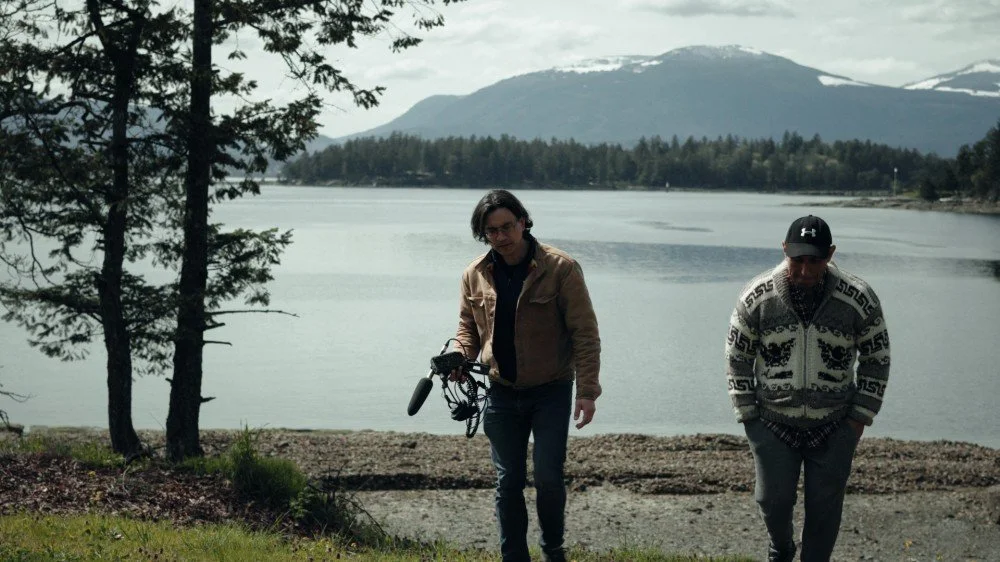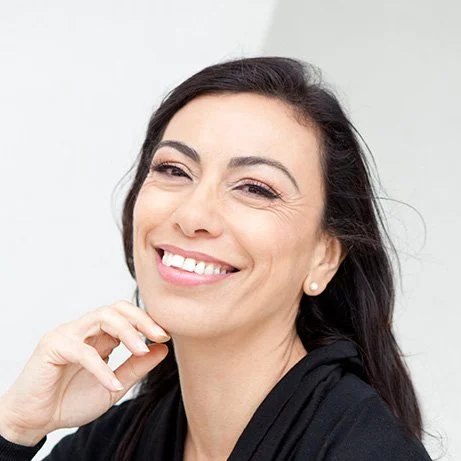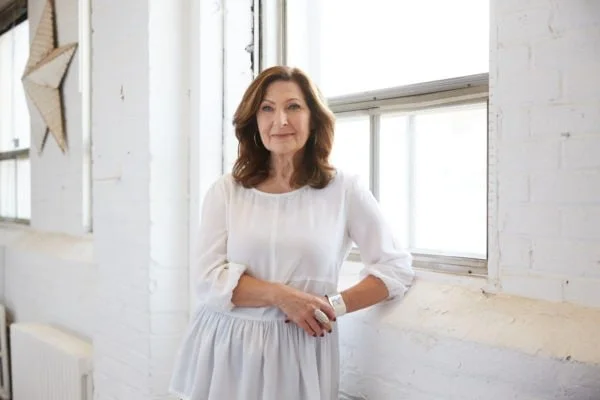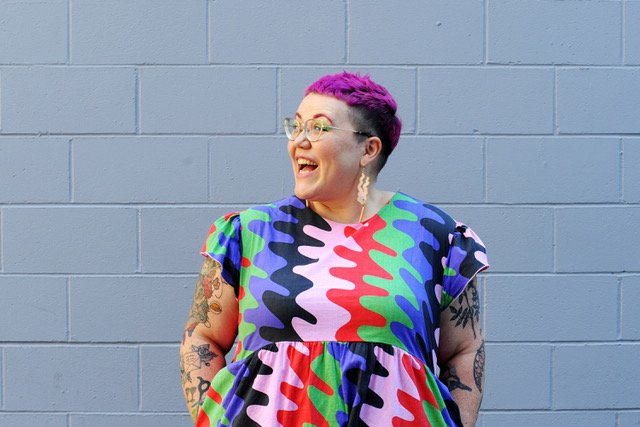Stir Q&A: Duncan McCue shares the backstory of new CBC podcast, Kuper Island, about notorious residential school
The series hears from three survivors of the Catholic-run institution on Penelakut Island
Duncan McCue, Kuper Island. Photo courtesy of CBC
[Trigger warning: This article contains information related to the residential school system and associated intergenerational trauma and may be disturbing to some readers.]
KUPER ISLAND INDIAN Residential School on Penelakut Island (formerly Kuper Island) was a place of horrific suffering.
Located near Chemainus on Vancouver Island, the Catholic-run school operated from 1890 to 1975. A survey from 1916 showed that, of 264 former students, 107 had died, according to the Indian Residential School History and Dialogue Centre. Two sisters drowned while trying to escape the school known as Alcatraz in 1959. Another student committed suicide in the gym in 1966, one of many to take their own life. In 1995, a former employee pled guilty to three charges of indecent assault and gross indecency.
Abuse, unsanitary conditions, starvation, lies, and unsolved deaths continue to haunt survivors and the community.
Kuper Island is a new CBC eight-part podcast series hosted by Duncan McCue that tells the stories of four students: three who survived, named James Charlie, Raymond “Tony” Charlie, and Belvie Brebber; and one, named Richard Thomas, who didn’t. Episodes are being released weekly via CBC Listen and other podcast services.
Stir connected with McCue to learn more.
The horrible reality of oppression and abuse on Penelakut Island came into renewed public focus with last year's discovery of 160 unmarked graves near the former notorious residential school. Why is it important for you to tell this story at this time?
Deaths of children at residential schools are not a thing of the past. They affect generations. I wanted to go beyond the cold, hard numbers of unmarked graves and help people understand that these dead children had families who loved them and missed them and mourned them. In many cases, they don’t know what happened to them.
How did you come to meet Tony, James, and Belvie?
I reached out to the Penelakut Tribe to ask about the graves and was invited to meet their Elders’ Committee. After we answered their questions, the Elders backed us and our podcast. James and Tony Charlie have been generously sharing their experiences at Kuper Island for a while and agreed to share with us. That’s how we heard about the mysterious death of Richard Thomas, which led to his sister Belvie, who also wanted to share her family’s story.
It must have been extraordinarily difficult for these three to recount their experiences; why is it important for them to share their stories now? How did you and the CBC team take care of Tony, James, and Belvie during the podcast's creation?
One of the most important things to us about this podcast was doing this work in a good way. We wanted to bear witness, but not cause Survivors any further harm, just for the sake of a story. Over the many months that we were recording, we were as transparent as possible with everyone we interviewed. Tony, James and Belvie have all taken significant steps toward their own healing, but we made sure to check in as often as they were comfortable with to ensure our questioning and investigation weren’t opening any unexpected wounds.
Duncan McCue with guest Rocky James, Kuper Island. Photo courtesy of CBC
Many people refer to residential schools along the lines of "a dark chapter in Canada's history", but impacts are hardly a thing of the past. What are some of the ways the effects of this horrendous legacy are felt today?
Maybe the best example of this is the death of Richard Thomas. It happened in 1966, but Survivors have been whispering and wondering about it ever since. Belvie still wants to know what happened to her brother. It has impacted her children as well, who heard horrible stories about what happened to their late uncle. As Belvie says, not having answers is not a happy place to stay.
Can you touch on how these survivors' stories may help people move forward, toward reconciliation and healing?
The Survivors shared their truths with an intimacy that will make you laugh and cry - and may help you understand how we move forward from the shameful legacy of Indian residential schools toward a fairer and more courageous country. I’ve also gained a greater appreciation for how much fortitude it takes for a person to break the silence. We learned about whistle-blowers who tried to stop the abuses of Indigenous children, and survivors who ended the cycle of abuse in their own families. The story of Canada’s Indian residential schools is deeply traumatic, but amidst all the pain and suffering, those individual acts of bravery offer lessons and inspiration to others on healing journeys.
Is justice possible?
Children at residential schools weren’t only neglected in life, they were neglected in death as well. I hope our listeners recognize that it’s up to the people of Penelakut and other Hul'qumi'num communities on how best to memorialize the children who died at the Kuper Island school. It’s not something that will be resolved quickly, and it’s going to take support and resources from governments, churches, and Canadians.















